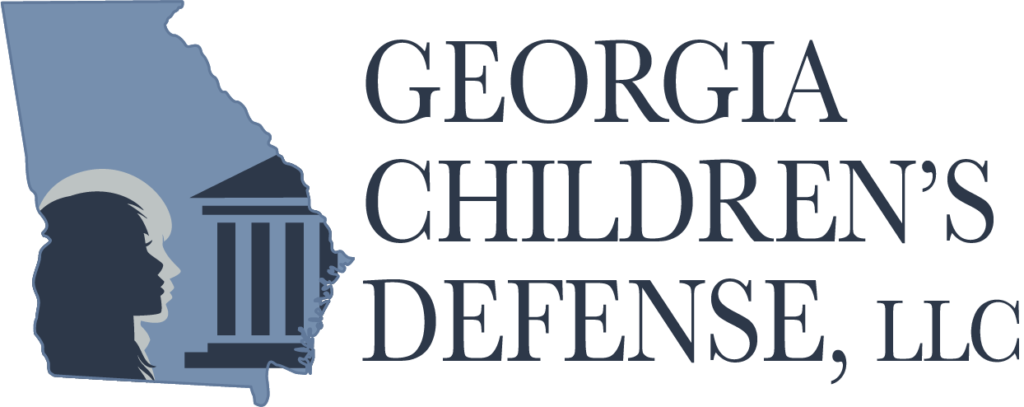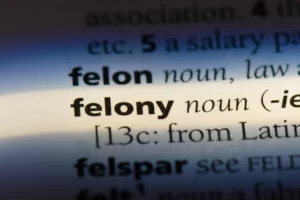Georgia Near the Bottom on Age Limits for Juvenile Charges
You may not know it, but Georgia currently is one of only three states that automatically charges all 17-year-olds as adults – an indignity shared with only Texas and Wisconsin. In the last fifteen years, eleven other states have raised the age for adult charges, and Georgia appears set to join them in the near future. In March of this year, the Georgia Senate Judiciary Committee amended a bill that seeks to raise the age in Georgia to take effect beginning in 2023, instead of 2022, as originally proposed.
The change is long overdue but is not a total bar on the prosecution of children as adults in the state of Georgia. Children as young as 13 would still be automatically charged as an adult for certain offenses. Scientists widely understand that the adolescent brain is not fully developed, that it is susceptible to poor impulse control and peer influence. As the field of neuroscience continues to develop, our understanding of adolescents improves along with it. Recent studies have shown that the adolescent brain continues to develop beyond the age of 18 and into the mid-20s. With science in hand, advocates across the nation have promoted raising the age of juvenile court jurisdiction, some arguing for the age to be raised to 24. Georgia’s change would be a tiny step forward and still leaves much to be desired.
A Better Way for Juvenile Rehabilitation
In response to the possibility of the age being raised to 18 in Georgia, the Georgia Department of Juvenile Justice (DJJ) has made claims that it would require an enhanced budget and more detention facilities. It is important that advocates push back on these claims because at this point in time DJJ has not provided any study or analysis to back its requests. In actuality, the number of children being arrested has fallen since 2017. As opposed to funding DJJ, funds should instead go towards educational resources, after-school programs, job training initiatives, and other programs that help address the conditions that give rise to juvenile delinquency offenses. Funding these services in tandem with raising the age to 18 are small steps in the right direction toward more broad and meaningful change to Georgia’s juvenile court system.
Josh Lingsch, Founder of Georgia Children’s Defense, LLC








